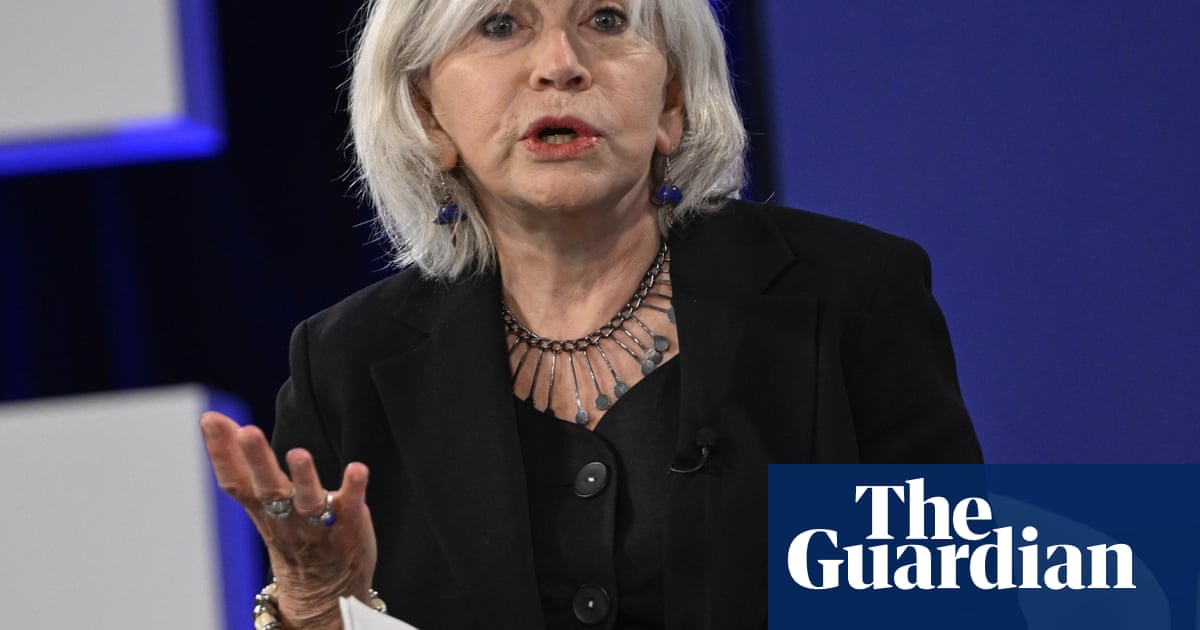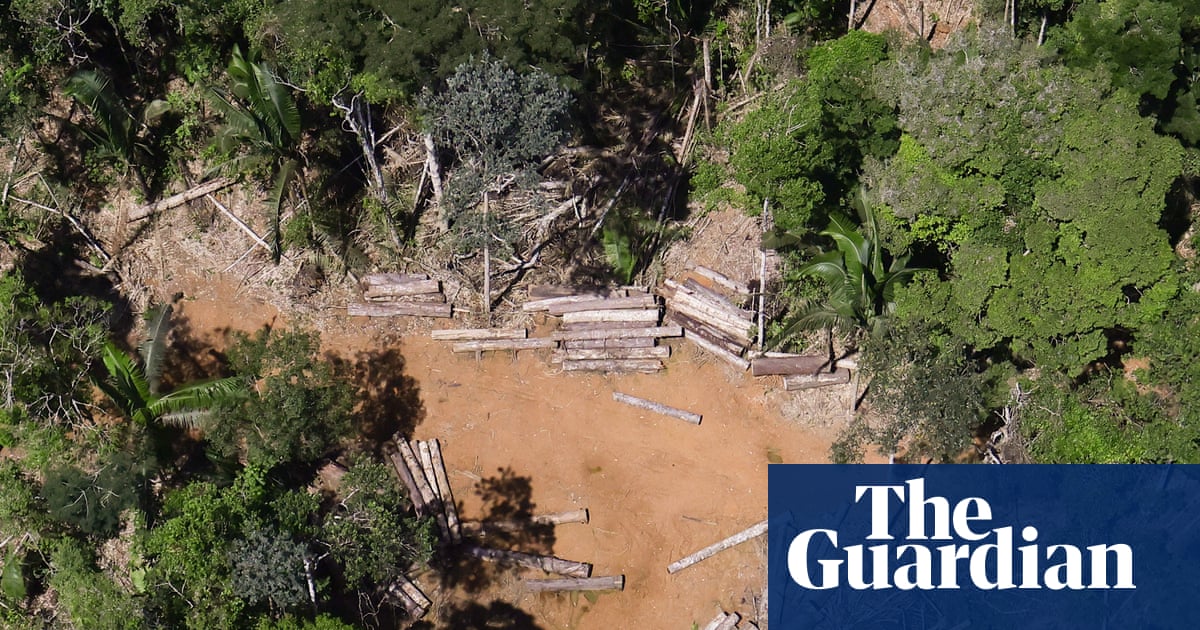Tax on AI and crypto could fund climate action, says former Paris accords envoy | Climate crisis

Governments should consider taxing artificial intelligence and cryptocurrencies to generate funds to deal with the climate crisis, one of the architects of the Paris agreement has said.
Laurence Tubiana, the chief executive of the European Climate Foundation and a former French diplomat, is co-lead of the Global Solidarity Levies Task Force, an international initiative to find new sources of funds for climate action by taxing highly polluting activities including aviation and fossil fuel extraction.
She said cryptocurrency should certainly be taxed, and levies on AI should be considered.
“That could be a first step – again, it’s the same rationale [for AI as taxing cryptocurrency], because they use a lot of energy,” she said. “Crypto seems to be something which is not regulated at all, and of course it’s a concern, from the financial stability element.”
The equivalent of Poland’s annual energy consumption is expended each year just on generating bitcoin, one of the leading cryptocurrencies. AI also consumes vast resources, resulting in IT companies scrabbling to secure electricity supplies in locations around the world.
Taxing AI could prove tricky, Tubiana conceded, as companies might try to shift the location of their datacentres. Although there was likely to be “pushback” against taxing cryptocurrencies, particularly from the US, where Donald Trump is an enthusiastic supporter of the technology, she said central bankers had expressed an interest.
“Because we need to regulate it – it’s organised crime sometimes, so you should look at where the money’s coming from, and who is the user,” Tubiana said. The taskforce has assigned a group of experts to examine how this could be achieved.
The taskforce has scored an early success in the form of an agreement among some countries to put new charges on business-class and first-class airline tickets, and private jets. France, Spain, Kenya, Barbados, Somalia, Benin, Sierra Leone, and Antigua and Barbuda were the first countries to sign up to the accord announced at the end of June.
The French president, Emmanuel Macron, said: “We have to mobilise more and more countries in order for these critical sectors which are benefiting from globalisation to contribute to the financing of this common effort [to combat the climate crisis]. I want to urge all possible countries to join this international framework because it’s absolutely key, and it’s part of our agenda.”
Such taxes could raise €147bn (£127bn) a year, if the big economies joined in. The use of private jets increased by almost 50% between 2019 and 2023, and first- and business-class flying recovered more speedily than economy class after the Covid lockdowns. Polls suggest that charging premier-class passengers more would be a popular move.
Tubiana said: “When you have your car, you pay tax, and when you fly you don’t pay tax, so there is an element of justice there that resonates.”
Countries could impose such taxes without a global agreement, she added. “The aviation tax is not that complicated, because it’s really a sovereign decision.”
A potential carbon tax on shipping is also still under discussion, after the International Maritime Organization agreed steps towards such a deal in April. A further meeting will take place in October, and Tubiana said she was “reasonably optimistic” a new levy would be decided.
The taskforce is also examining options such as a tax on buying shares in the stock market, which could raise as much as €105bn a year without distorting the market, according to research.
after newsletter promotion
Rebecca Newsom, the global political lead of Greenpeace International’s Stop Drilling Start Paying campaign, urged the taskforce to go further and push for taxes on fossil fuel production.
“The obvious next step is to hold oil and gas corporations to account,” she said. “As fossil fuel barons rake in obscene profits, and people are battered with increasingly violent floods, storms and wildfires, it’s no surprise that eight out of 10 people support making them pay. Members of the Global Solidarity Levies Task Force and rich countries around the world should act upon this enormous public mandate.”
Tubiana, who guided the Cop21 conference in 2015 at which the Paris agreement was signed, also expressed concern about the direction France was taking in international climate negotiations.
Macron has mooted a delay to the European Commission’s proposal of a 90% cut to greenhouse gas emissions by 2040, a target that is supposed to be confirmed by the EU parliament and member states in September before the Cop30 climate summit in Brazil in November.
Tubiana said Macron’s new-found hesitation over climate policy was “a very sad story”. She warned that it would backfire and would reduce the chances of a strong outcome for Cop30, at which countries must set new emissions goals under the Paris agreement.
“How can we ask anybody to do something if we’re not doing it, if we’re not proving that we believe we can decarbonise the economy?” she said. “I hope they will wake up to the bad signals they are giving. It’s really not reasonable to think that delaying action will benefit the economy of France. We need innovation, we don’t need to delay.”
Source link






